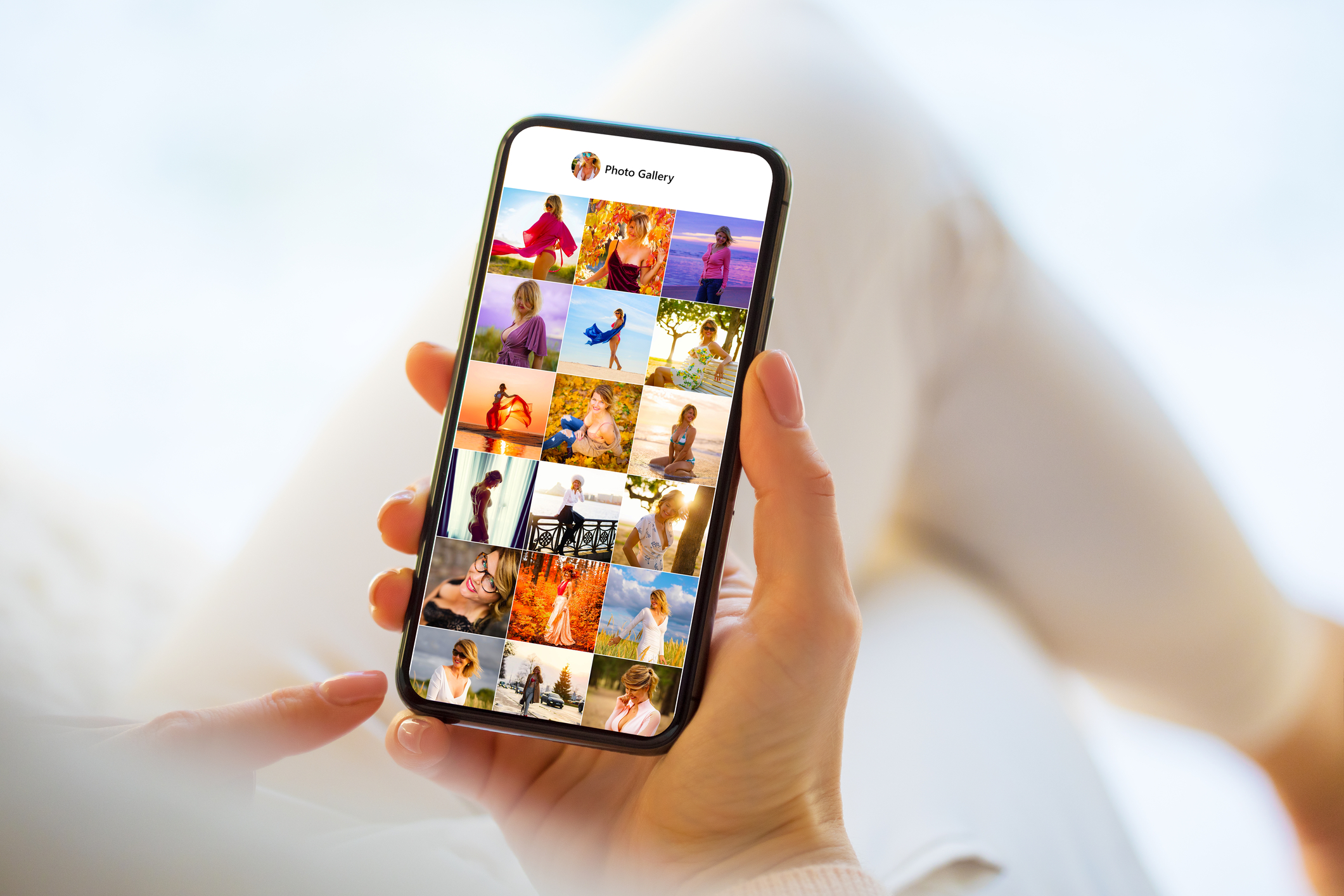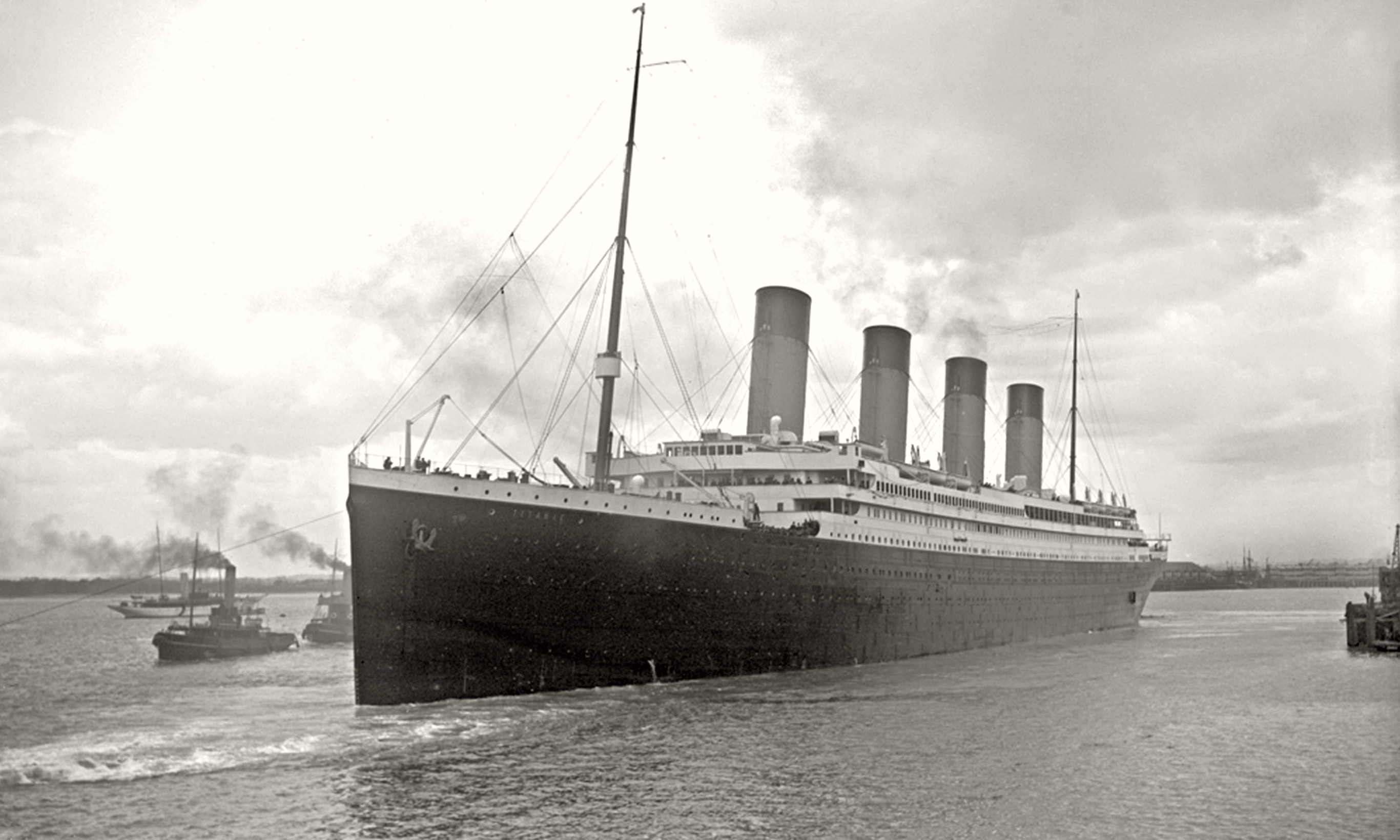Insightful Perspectives on the Dilemma of Cancel Culture: A Necessary Tool or a Dangerous Trend?
The advent of social media has brought many changes to society, one of which is the phenomenon known as "cancel culture." It's a term used to describe the practice of publicly calling out individuals or companies for perceived wrongs, leading to a mass boycott or 'canceling' of their work. But is this a necessary tool for social justice, or a dangerous trend that stifens free speech and promotes mob mentality? This article aims to delve into this dilemma, presenting eighteen insightful perspectives that will help us understand the complexities of cancel culture.
Cancel Culture as a Tool for Accountability

Supporters of cancel culture argue that it serves as a tool for accountability, especially for high-profile individuals and corporations. It gives a voice to the marginalized, allowing them to call out injustices that might otherwise go unnoticed. This perspective sees cancel culture as a necessary instrument for social change, acting as a check and balance in society.
The Danger of Public Shaming

Critics, on the other hand, view cancel culture as a form of public shaming that can have severe consequences. They argue that it fails to consider the principle of 'innocent until proven guilty', leading to unwarranted damage to reputations and careers. This perspective sees cancel culture as a dangerous trend that promotes trial by social media.
The Role of Social Media

Social media plays a crucial role in cancel culture, providing the platform for these call-outs and cancellations to take place. It amplifies the voices of those who feel wronged, but it also magnifies the backlash against those accused. This section explores the double-edged nature of social media in the context of cancel culture.
Cancel Culture and Free Speech

Another perspective to consider is the impact of cancel culture on free speech. Supporters argue that it is an exercise of free speech, while critics believe it stifens the same. This section delves into this complex debate and how it shapes our understanding of cancel culture.
The Power of the Crowd

Cancel culture is often driven by collective action, reflecting the power of the crowd. But is this power always used responsibly? Is there a danger of mob mentality taking over, leading to unfair cancellations? This section examines these questions, highlighting the potential dangers of collective action.
The Impact on Mental Health

The impact of cancel culture on mental health is another important perspective to consider. Being 'canceled' can lead to severe emotional distress, anxiety, and even suicidal thoughts. This section explores the psychological implications of cancel culture, shedding light on its human cost.
The Role of Apologies

Apologies play a crucial role in cancel culture, often serving as the first step towards redemption. But are these apologies genuine, or are they merely a PR strategy? This section delves into the role and authenticity of apologies in the context of cancel culture.
The Politics of Cancel Culture

Cancel culture is not just a social phenomenon; it's also a political one. Both the left and the right have used it to their advantage, often leading to a polarizing debate. This section explores the politics of cancel culture and its impact on our society.
The Role of the Media

The media plays a significant role in amplifying cancel culture, often serving as a judge, jury, and executioner. This section examines the role of the media in cancel culture, highlighting the potential for bias and sensationalism.
The Ethics of Cancel Culture

The ethics of cancel culture is a complex issue, involving questions of justice, fairness, and morality. This section delves into these ethical considerations, offering a nuanced perspective on the practice of canceling.
The Impact on Creativity and Innovation

Cancel culture can have a chilling effect on creativity and innovation, as individuals may fear backlash for expressing unconventional ideas. This section explores the potential impact of cancel culture on our culture and creativity.
The Question of Redemption

Can those who have been canceled find redemption? Or does cancel culture condemn them to a life of ostracism? This section explores the possibility of redemption after cancellation, offering a glimmer of hope amidst the controversy.
The Role of Identity

Identity plays a significant role in cancel culture, with individuals often canceled for comments or actions deemed offensive to particular identity groups. This section explores the intersection of identity and cancel culture, highlighting the complexities involved.
The Impact on Relationships

Cancel culture can strain relationships, both personal and professional. This section explores the impact of cancel culture on relationships, shedding light on its far-reaching consequences.
The Role of Empathy

Empathy plays a crucial role in our understanding of cancel culture. It can help us understand the perspectives of both the canceled and the cancelers, leading to a more nuanced view of the phenomenon. This section delves into the role of empathy in cancel culture.
The Legal Implications

Cancel culture can have legal implications, with potential for defamation lawsuits and other legal issues. This section explores the legal aspects of cancel culture, offering a unique perspective on the topic.
The Future of Cancel Culture

What does the future hold for cancel culture? Will it continue to be a powerful tool for social justice, or will it fade away as a dangerous trend? This final perspective explores the potential future of cancel culture, offering predictions and insights.
Cancel culture is a complex phenomenon with many facets. Whether viewed as a necessary tool for accountability or a dangerous trend that stifles free speech, it undoubtedly has a significant impact on our society. As we navigate this new landscape, it is essential to consider all perspectives, fostering a more nuanced understanding of cancel culture.







